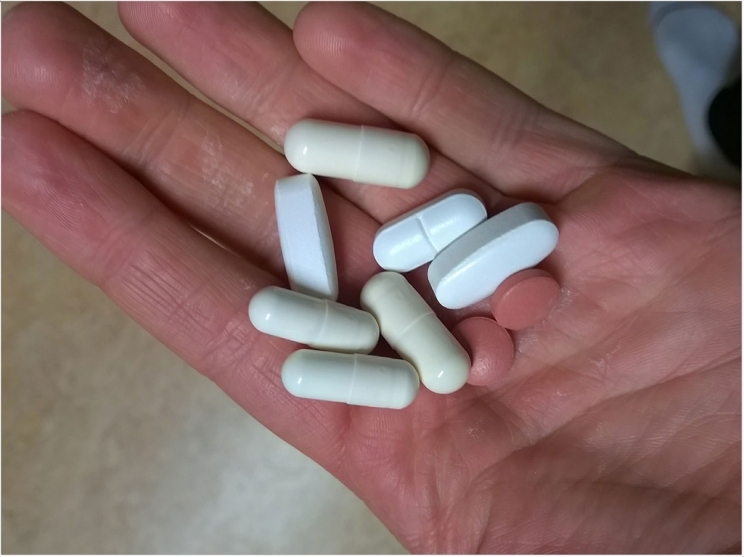
Most Americans don’t recognize if they are prescribed an opioid, according to a survey of more than a thousand adults by healthcare technology company DrFirst that looked at their opinions, knowledge, and usage of medications that include opioids.
For example, almost a quarter of Americans have been prescribed an opioid in the past 12 months. Also, 84% of Americans said they didn’t fill one or more prescriptions in the past 12 months, and 21% of them said the unfilled prescriptions were for opioid medications.
The survey reveals a significant lack of understanding about opioids, DrFirst said. While 76% of Americans think they know whether or not they are prescribed an opioid, only 22% of them could successfully identify seven commonly prescribed opioids. The medications identified as not including opioids included:
- Tramadol (44%)
- Hydromorphone (32%)
- Morphine sulfate (27%)
- Methadone (27%)
- Hydrocodone (23%)
- Fentanyl (22%)
- Oxycodone (15%)
Additionally, Americans also misidentified many non-opioid medications as including opioids, including:
- Hydrocortisone (31%)
- Hyaluronic acid (23%)
- Omeprazole (33%)
- Oxymetolazine (56%)
- Oxytocin (73%)
- Trazodone (46%)
Many of those surveyed take the threat of opioid addiction seriously, DrFirst said. Of those with children, 65% said they’ve spoken with their kids about the dangers of opioid abuse. But while more than 20% said they were prescribed an opioid within the past 12 months, only 23% reported storing it in a locked cabinet as recommended by safety experts. Others said they keep opioids:
- In a nightstand table (14%)
- On the kitchen table (13%)
- In a bathroom cabinet (13%)
- In a purse or backpack (10%)
- On a bathroom counter (10%)
“American consumers have some significant and dangerous misunderstandings about which medicines contain opioids,” said Colin Banas, MD, vice president of clinical product solutions for DrFirst.
“This is concerning because patients need to know if they are prescribed an opioid so they can use and store it safely. It should be a wakeup call to physicians and pharmacists, who should not assume their patients know this information,” Banas said.
Related Articles
Delta Opioid Receptor May Be a Target for Inflammatory Pain Relief
Dental Opioid Prescriptions Increase Before Weekends and Holidays
Patients Prescribed Opioids After Extractions Report Worse Pain











